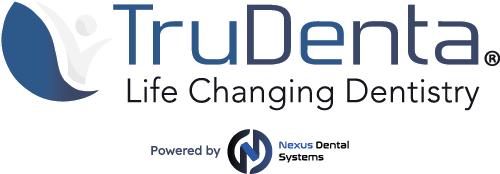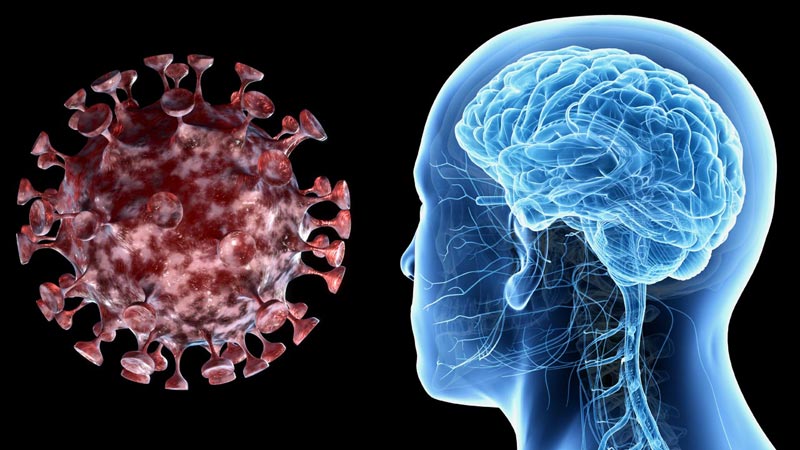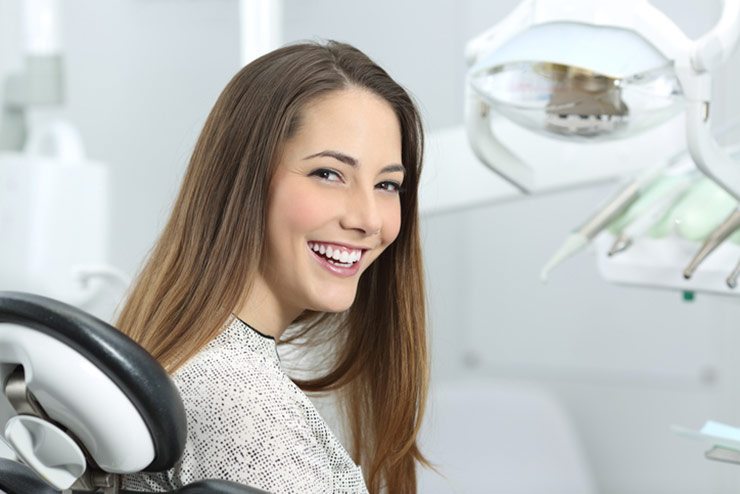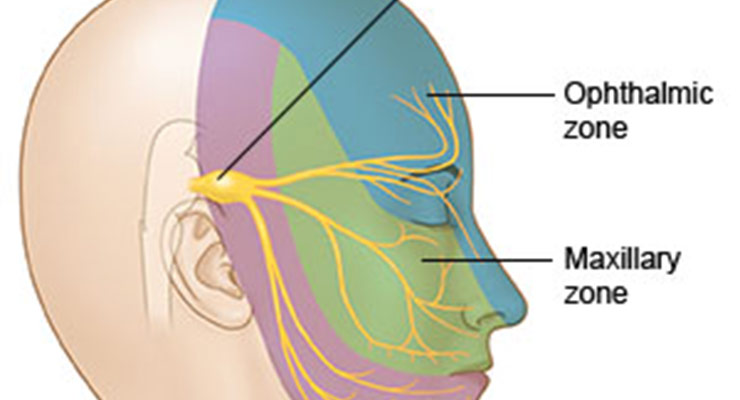
Welcome to the TruDenta blog
In the coming days this space will fill up with tips for managing TMJ-related issues like jaw pain, headaches/migraines, and tinnitus.
Questions About TruDenta, and Some Answers
What is TruDenta?
- TruDenta is a comprehensive system that helps dentists treat many different orofacial disorders including headaches, migraines, tinnitus, vertigo and temporomandibular joint disorders by progressively adjusting the way that your teeth bite together.
Wait, what?
- The temporomandibular joint is the delicate ball joint of your jaw; it is what allows your jaw to open and close and move from side to side. The human jaw exerts enormous amounts of force, and any kind of change to the way that it moves can cause imbalances over time that often result in chronic pain not only in the jaw, but also in the network of nerves that run through the neck, face, and head.
What would change the way that my jaw moves?
- You name it — extensive or poorly done dental work, physical trauma from sports or car accidents, excessive gum chewing, teeth grinding, or even just quirky one-sided chewing habits. Just like any other joint, the TMJ is susceptible to injury over time — imbalances in the way that your teeth bite together or the way that your jaw moves can stress the muscles and nerves that run through the face and jaw.
So, TruDenta is essentially a rehabilitation system for the mouth and jaw.
- Yes. Basic treatments for these types of disorders (usually some form of mouthpiece) have been around for years, but TruDenta’s therapy is a more comprehensive rehabilitative approach that borrows heavily from the most recent advances in sports medicine. Like any other joint or muscle injury these disorders can require careful care over the course of several weeks or months, and TruDenta practitioners all receive specialized training in treating the entire spectrum.
But my jaw doesn’t hurt. Does this mean that my TMJ is healthy, and my headaches or other symptoms must be caused by something else?
- This is where it gets tricky, and why TMJ problems are so often left undiagnosed and untreated — bite imbalances and TMJ problems frequently don’t manifest just as actual jaw or facial pain. The abnormal muscle tension caused by bite imbalances can wreak havoc on the complex network of nerves and ligaments that run through the face and neck, causing neck pain, chronic headaches/migraines, facial soreness, tinnitus or ear pain, and even vertigo.
If my jaw doesn’t even hurt, how is my TruDenta dentist able to figure out if I have issues with my TMJ or other parts of my face, neck and jaw?
- TruDenta’s rehabilitative system is designed around resolving issues related to the TMJ, so a proper diagnosis before treatment is essential — this is why TruDenta’s rehabilitative system includes a complete battery of diagnostic tests that can precisely measure any imbalances in the way that your teeth bite together. Part of this diagnostic process is technology that measures the pressure when you bite down, and creates a 3D map of your mouth that shows the precise forces exerted right down to each individual tooth. Your TruDenta dentist will be able to tell right away if your bite is misaligned, and whether continuing treatment will be worthwhile.
How long does the rehabilitation process take?
- Joint injuries can be complicated and every patient is different, but even the most severe TMJ disorders can be resolved in as few as eight treatments. Like a sports injury, the treatment time can depend on how an individual’s muscles and ligaments respond to the therapy as well as the severity of the problem. And like traditional injury rehabilitation programs, the focus of the treatments themselves is tailored to each individual case.
What are the treatments like?
- Don’t worry — it may be at a dentist’s office, but your TruDenta appointments will be free of any poking, prodding, or scraping. Each treatment is completely non-invasive and drug-free, and a large part of rehabilitation process involves gentle pain-relief technology like ultrasound, microcurrent, and cold laser therapies. For more information, feel free to check out some of our patient testimonials.
What about insurance?
- Every insurance provider is different — many TruDenta practitioners offer to contact your Insurance provider on your behalf to see what coverages may be available. Sometimes insurance providers seem reluctant to provide cost coverage for migraine-related treatments, and it might take some persistence to get approval.
How do I get started?
- Ready to schedule an appointment? There are TruDenta providers in 48 states, and the best way to get started is by finding one near you.
- Rather speak to someone directly? Call our hotline at 855-878-3368 Monday through Friday and tell us your story.
- Any questions or comments? You can email us any time, and we will get back to you as soon as possible.
- Want to read more about how it all works? Check out the details of the process and the research behind it.







 © 2026 - NATIONAL DENTAL SYSTEMS, INC. | 430 NORTH MAIN ST. SALEM, UT 84653 | CALL US TOLL-FREE 855-770-4002
© 2026 - NATIONAL DENTAL SYSTEMS, INC. | 430 NORTH MAIN ST. SALEM, UT 84653 | CALL US TOLL-FREE 855-770-4002